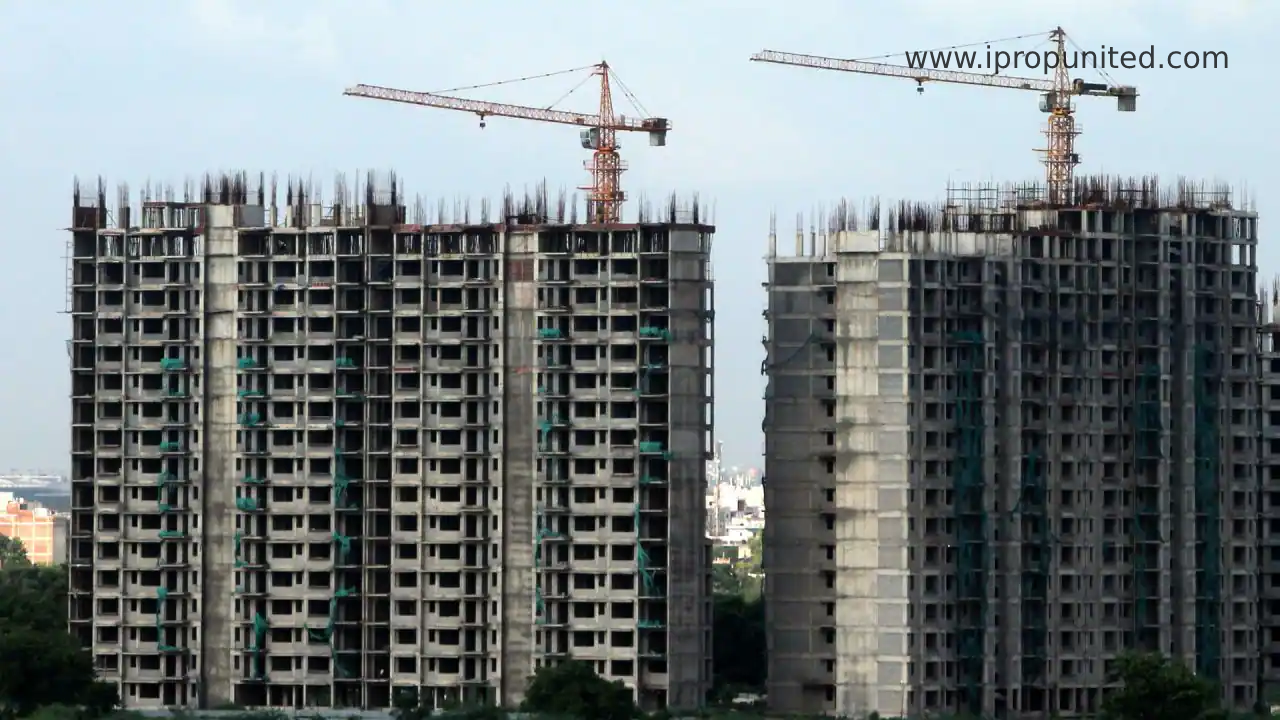Real Estate companies executing large projects in the National Capital Region are taking measures like using prefabricated building materials, erecting high wind-breaking walls, creating dust-absorbing and sound-absorbing barriers, and installing anti-smog guns to reduce pollution and ensure that work is not delayed even if there is a ban on construction.

In some cases, the construction of floors, walls, and other structures is taking place at a remote site and being assembled at various Delhi sites.
Tata Projects, which is executing the new parliament building project, is using prefabricated blocks constructed kilometers away-the stonework is being completed about 600 km away while the bamboo flooring is coming in from Northeast India.
An official said, “On site, it’s more like joining Lego blocks. Hence, there is currently no polluting activity on site.”
Om Monday, the commission for air quality management has lifted the ban on construction activity in NCR, after shutting it down for a week. However, companies have been asked to follow environmentally friendly measures to reduce pollution at project sites.
Builders are using various ways to reduce pollution.
Santosh Agarwal, CFO and Executive Director, Alpha Corp said, “To minimize the air pollution levels, we sprinkle water at regular intervals around the construction sites and adjacent areas to mitigate dust. We also get most of our construction supplies like UG pipe, pavers and other materials in ready-to-fit condition from various vendors who do the final touch ups in their closed warehouses to minimize the release of harmful pollutants in the atmosphere.”
Experts say using pre-cast material can also help reduce cost by up to 30%.
Paul Wallett, regional director for construction technology company Trimble in the Middle East and India region said, “Cutting-edge tech solutions allow further optimization of the prefabrication process, which means faster completion of all construction projects at significantly lower costs.”
NCRTC, which is executing the Delhi–Ghaziabad–Meerut RRTS corridor, has also adopted similar measures.
Punnet Vats, NCRTC chief PRO said, “NCRTC is extensively using pre-cast technology in RRTS construction, wherein segments of huge structures (stations/viaduct/tunnels) are casted in the RRTS casting yards in a controlled environment. This strategic decision of limiting construction activities at the sites also leads to systematic handling and processing of raw materials, such as cement and sand, resulting in no pollution.”
The track slabs are being constructed at a factory where casting of structures is being done in a controlled environment for mitigating pollution.
Companies say construction work is being done within barricaded zones of adequate height and thorough cleanliness is being maintained on these sites.








